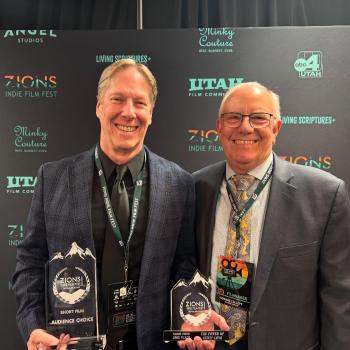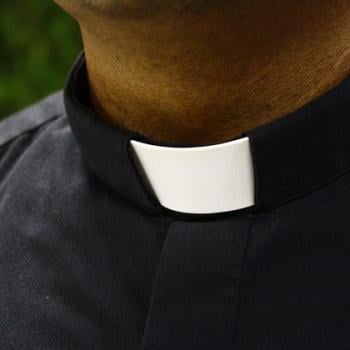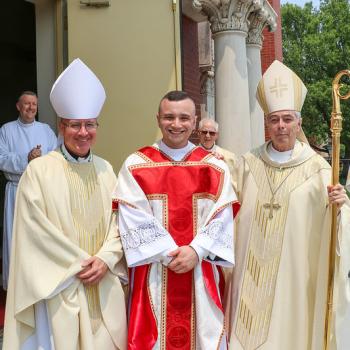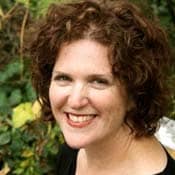On our way from California to Arizona over the Thanksgiving holiday, my family stopped for a night in Las Vegas. On our nighttime walk down the strip, I was struck by the contrasts.
On the one hand, Vegas is beautiful and enticing. As a foodie, I was taken by the opportunity to eat at restaurants run by the best chefs on the planet (if only my pocketbook made it more possible!). Walking through the quiet corridors of the Bellagio and the Venetian, I felt nostalgic for my years in Europe as I saw replications of some of my favorite places in the world. Vegas is like an amusement park for those who enjoy or aspire to enjoy the finest things in the world. The kitsch is just real enough to take you in for a while.
But the moment we left these idyllic spots, we were walking among South American immigrants passing out thousands of pornographic cards advertising peep shows. These cards littered Las Vegas Boulevard. ("Just don't look down," we told our daughters.) Twice, we saw people crying outside of casinos, presumably brokenhearted over their losses. When we walked through the casinos, our daughters noticed that no one looked happy. The emptiness of people's lives and the injustice that creates and sustains the sensation of Vegas was apparent everywhere we looked.
Vegas is our world blown up large. The contrasts of glamour and opulence against pain and injustice are compressed into a few city blocks. Walking in the midst of these contradictions, I reflected on the role of the pastor and more broadly, the role of the church. We are called to move amidst this contradictory world without being taken in by the glitter, nor given over to despair by the pain. Following the incarnate God, we are able to see, name, and love what is, even as we hold out hope for redemption and reconciliation.
It is not with a hold-your-nose critique that we do this. It is through being real. Arthur Danto, art critic and professor of philosophy, wrote about Vegas' Bellagio art museum that houses authentic paintings by great masters. In the midst of imitations of Venice, Caesar's Palace, Paris, and New York, he asks why they should install real art when everything else in Las Vegas is façade? "The real paintings constitute a critique of Las Vegas through the fact that they are real," Danto says (The Madonna of the Future, 353).
Likewise, we live faithfully amid the counterpoints of glamour and injustice by being real. When we are authentic, our lives and communities become critiques of all that is not real in this world. We witness to the power of the incarnation when we seek wholeness and justice that is good for all, not just for some.
It is tempting to get taken in by the possibilities of getting in on some of the high life. Sensational church services and entertaining spiritual experiences give the illusion of success and power. We get caught up in our particular denominations and theological distinctives. But the incarnated Christ calls us beyond this. Richard Rohr writes, "This is not a problem-solving Christ, not a denominational or cultural Christ, not a Christ domesticated by the Churches. This Christ names in his life and person what matters, what lasts, and finally what is" (adapted from Radical Grace: Daily Meditations).
Incarnation calls us to what matters, what lasts and what is. It calls us away from false realities that leave broken lives in their wake. It draws us into lives of transparent reality. Incarnation awakens our imagination for a world that glitters with justice and glows with authenticity.
Read a new post from Notes from a First-Year Preacher every Wednesday at the Patheos Preachers Portal.
12/15/2010 5:00:00 AM





